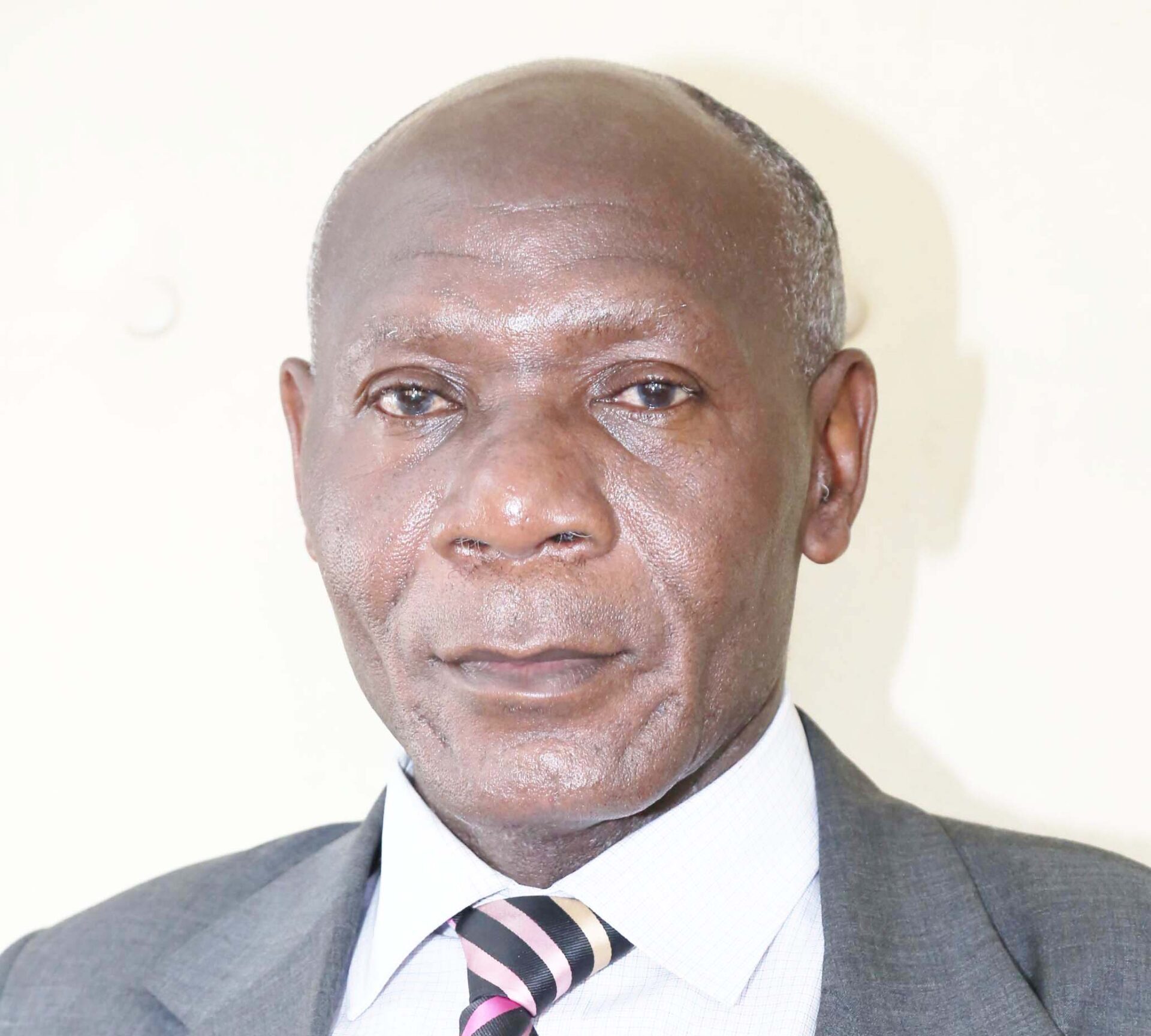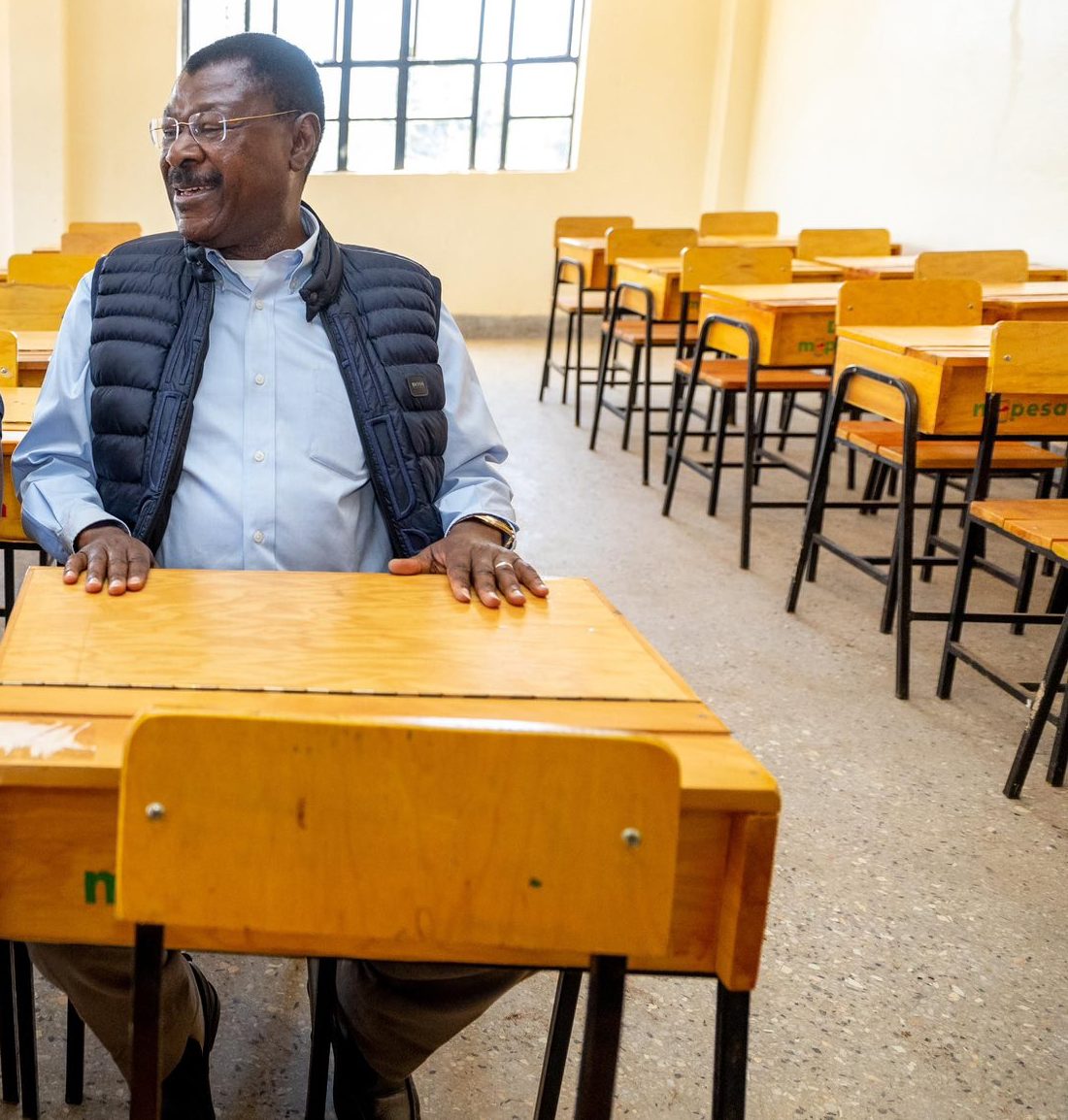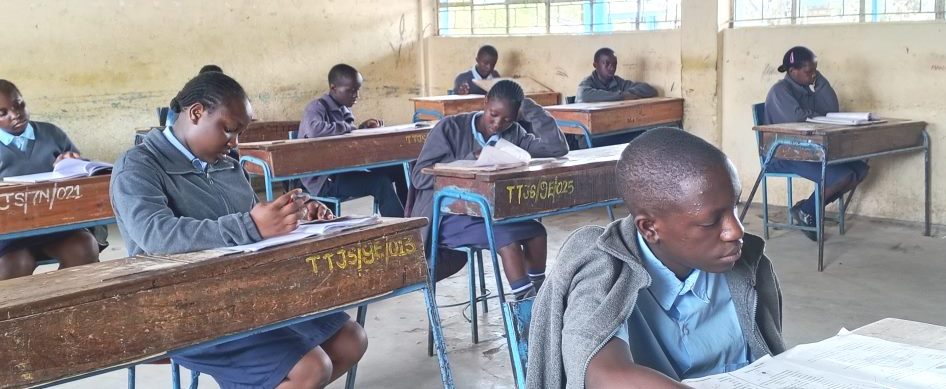I often ask young Kenyans to tell me how many playwrights whose books they have read, apart from the KCSE set book.
I pose this question to high school leavers as well as those pursuing university education regardless of the careers they are undertaking.
Nearly all of them—over 90 per cent—say that they didn’t get a chance to read any play other than the set book.
It doesn’t make any difference that the student went to the best secondary school in terms of availability of a collection of books in all genres.
This is odd because plays are part of literature and therefore a central part of the English language curriculum. And the curriculum, just like Kiswahili or a high school curriculum of any other language, is about complex texts that stretch the minds, intellects and the souls of students.
The English language prides itself in having some of the greatest playwrights. We have playwrights who originally wrote their plays in English while some of the greatest in other languages have been translated into English.
The earliest written texts of literature were in play form, although specifically written to be acted. The great Greek writers—Sophocles Aeschylus, Euripides and Aristophanes were playwrights. Their plays are masterpieces of not only great writing, but great thinking about the timeless ideas and values that define human life.
We have modern western and African playwrights that have written outstanding works of art in play form.
The vision of the English curriculum is that students completing high school will have a bowing acquaintance with a representative body of the works of some of these playwrights. The four years of secondary education is long enough to help students taste the rich repertoire of plays that were written by outstanding artists.
The best way to help students is to appreciate that the purpose of one set book is to expose them to at least two or three extremely good plays during the first two years of secondary education.
This background not only prepares them to understand and appreciate the play under study for KCSE English, but also broadens their mind to appreciate life as seen by the playwrights. The exposure also creates the foundation for the students to nurture critical, analytical and imaginative skills or temperament that plays impart on those who read them with understanding.
The intellectual furniture and discipline that appreciation of the great plays can give to any ambitious student complements what the students find in mathematics, engineering, medicine, information technology, law, journalism, and economics, to name but a few of the disciplines and careers in the market.
A study of plays contributes to education and literacy. They teach us about humans, the springs of human action and revulsion, about human motivation and psychology.
In historical plays, we get lessons in leadership and government. A reading of Sophocles Aeschylus, Euripides, Shakespeare, Arthur Miller, Henrik Ibsen, Robert Bolt, and a host of other great playwrights’ books teach readers many things. They have the ability to enable readers to understand issues about ambition, character, courage, integrity, tenacity and confidence.
The books teach them about the psychology of the people, and leaders—the challenges, burdens, the perfidy and loneliness that attends the lives of leaders. The books have ably dealt with philosophical issues about freedom and order: the legitimate scope and limit of each of these complementary elements of the society.
A careful reading of great plays influences the way we think and feel about our own lives and encourages us to take a hard look at ourselves, our values, and our behaviour.
One of the things that a reading of plays does is to develop the communication skills of the reader. The characters are made to speak direct and in a forceful and sometimes emotional language. Very few know this. Great plays are the breeding ground for statesmen and women, to say nothing of compelling speaking abilities.
Potential politicians and leaders of institutions unconsciously absorb the manner of speaking that they “see” in some of these plays.
Plays also help develop empathy and compassion in the hearts of those who read and study them with patience—whether the reading is for examinations as in KCSE, for a university Degree in Literature, or simply for leisure and to while away time.
My early exposure to the issues that politicians grapple with was through plays. I recall one of our set books in 1982 was De Graft’s Muntu. We had been earlier introduced to James Bridie’s Tobias and the Angel in Form two. By the end of my high school education, I had read Betrayal in the City and Kafira by Francis Imbuga, Androcles and the Lion by Bernard Shaw, Arthur Miller’s The Death of a Salesman, The Crucible, Wole Soyinka’s The Lion and the Jewel, The Insect Play by Karel and Josef Capek, A man of All Season by Robert Bolt, and Death in a Cathedral by T. S. Eliot.
I believe that my appreciation of plays can be traced to my initial exposure to a good playbook – James Bridie’s Tobias and the Angel – by our Literature teacher in Form Two. This made me appreciate plays that early to the extent that I came to read some plays by Shakespeare and Greek playwrights without any problem.
The reading of plays is no child’s play. It is a serious exercise that calls upon and expands our minds. Some of the greatest men and women we have had in History took their time and energy reading plays.
Plays also form one of the most important pillars of education systems in European, the Americas and Asia.
Plays and playwrights have dealt with life and death—in all their facets. This is the stuff that educated people ought to be acquainted with. This is stuff that define humanity, which provides the scaffold upon which appreciation of human life hinges on. It is the insights thereof that leaders of men and women need to govern or guide society and institutions.
By Kennedy Buhere
Get more stories from our website: Education News
To write to us or offer feedback, you can reach us at: editor@educationnews.co.ke
You can also follow our social media pages on Twitter: Education News KE and Facebook: Education News Newspaper for timely updates.
>>> Click here to stay up-to-date with trending regional stories






